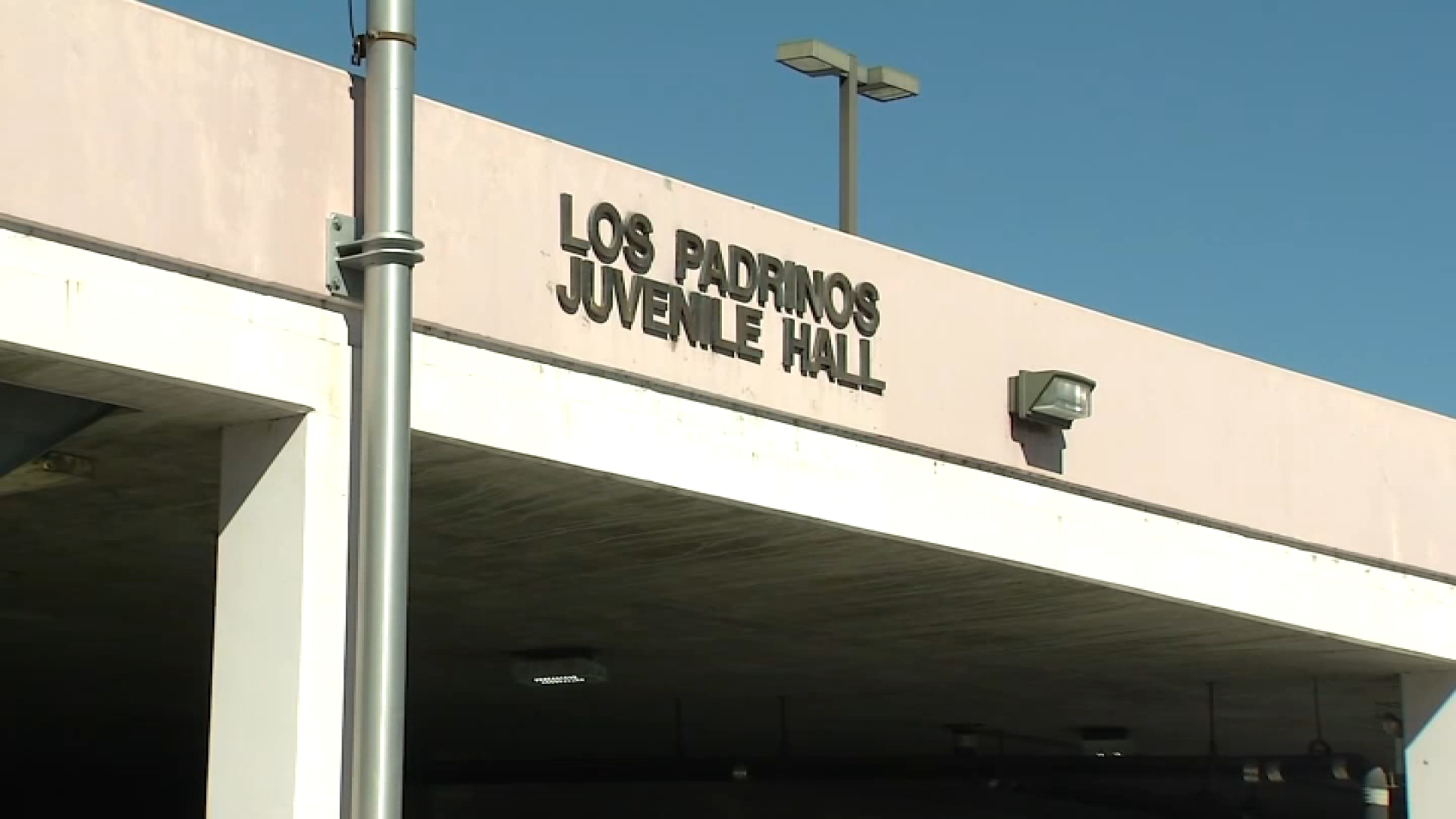The Los Angeles Unified School District Board of Education voted Tuesday on a motion to end random metal detector searches, or "wanding" students, which opponents say promote discrimination and a prisonlike setting in schools.
The motion needed four votes to pass, to effectively end the search procedures that have endured in the district for nearly 26 years. It will phase out searching students for weapons by July 1, 2020.
"The random search policy keeps a layer of fear and animosity among students and administrators, where students are seen as criminals and inherently unsafe," said Tyler Okeke, 17, the student board representative at LAUSD.
Since 1993, all secondary schools in LAUSD have been required to conduct random metal detector searches on a daily basis to counter the "ever-increasing violence, including the use of weapons on or adjacent to school campuses," an LAUSD policy bulletin states.
Vice President of United Teachers Los Angeles Cecily Myart-Cruz said the union convened with student groups earlier this year to discuss what they wanted in the bargaining package following the recent strikes. As part of the settlement with LAUSD, the union's contract stipulated that the random searches formally come to an end, with an immediate stop to the policy in nearly 20 schools, she added.
"This policy only happens at 4% of (U.S. school) districts. It's time for it to end," Myart-Cruz said. "Everyone wants student safety, and there's a way to go about that instead of harassing and criminalizing our students."
Students cannot be searched based solely on gender, race, ethnicity, physical appearance, manner of dress, or association with any group, according to LAUSD. Furthermore, random searches must have preselected patterns established to avoid potential biases. For example, one out of every five students who enters the hallway may be randomly searched.
News
Top news of the day
However, Okeke said the random searches may not be so random. He also claims that administrators don't usually check advanced placement and honors classes as much as "regular" classes.
Opponents also say the number of weapons actually confiscated successfully during wanding or metal detector searches doesn't support maintaining the policy.
Students who refuse to be searched may be subject to disciplinary action for "defying the valid authority of school personnel," according to the LAUSD policy bulletin.
"It contributes to the school-to-prison pipeline in the way that we continue to make schools a setting that is more similar to prison than places of accelerated learning and inquiry," Okeke said.
Okeke said student advocacy groups such as "Students Not Suspects" and "Students Deserve" are vital to dismantling the school-to-prison pipeline, which is the idea that young adults and minors with disadvantaged backgrounds are more likely to become incarcerated due to harsh school and municipal policies.
While opponents to the policy agree that students' safety is a priority, they say there are better procedures that don't infringe upon student rights.
LAUSD says its random search policies have been validated after mass school shootings across the nation, Myart-Cruz said. However, she disagrees with the fear tactics that are used to maintain the unfair practice.
"I applaud the students for standing up for their civil rights. I applaud the students for speaking truth to power on this issue," Myart-Cruz said. "It really shows that the students are paying attention, and the students are unafraid of speaking up."
In the policy's place, Okeke said he would like to see more mental health resources and preventive and mentorship programs that deal with the root causes of violence, whether they are mental or a byproduct of a home environment. He added that reasonable cause searches are a better alternative to random searches.
"The sentiment is high to end this policy because we know it's not random," Myart-Cruz said. "We don't stand behind the students, and the students don't stand behind us. We are standing shoulder to shoulder in this fight."
Calls to Los Angeles School Chief of Police Steven K. Zipperman were not immediately returned.



